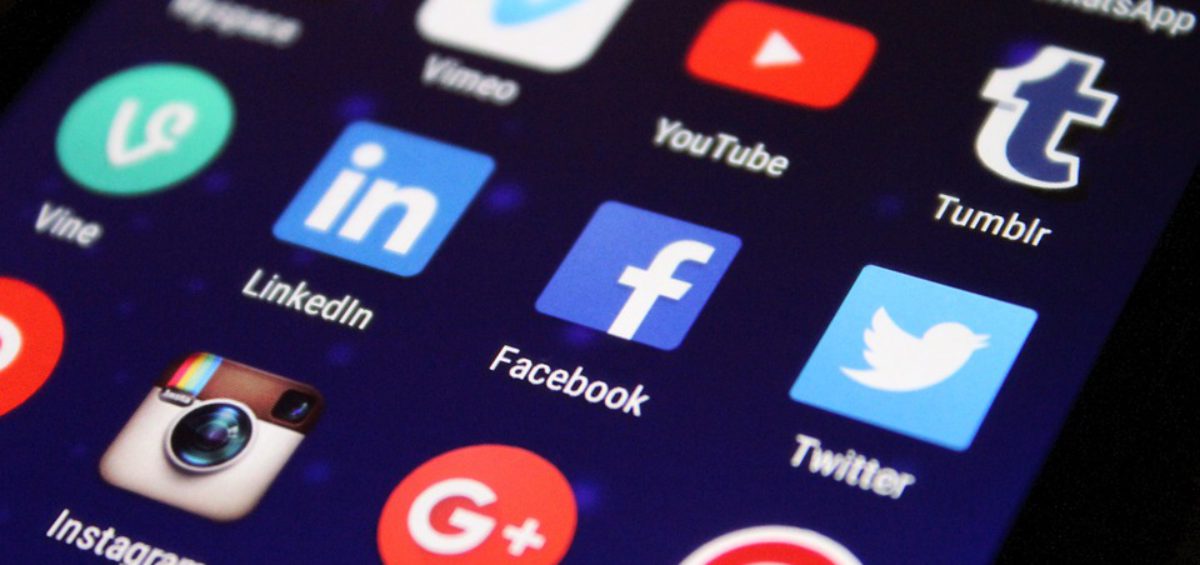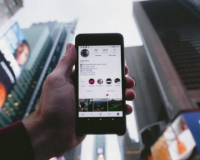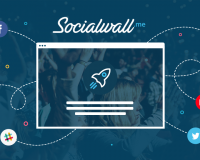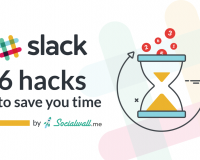Your big event is just around the corner. How exciting. You feel as though you’re prepared. The location is booked, a good amount of guests look likely to come, the speakers and entertainment are organised, and when it comes to social media, you’ve got a Facebook page ready to roll.
You may see your event’s social media presence as an unnecessary luxury. Something that’s nice to have if you’ve got the time. But nothing could be further from the truth.
Social networks – and not just Facebook – play a huge role in the success of an event. Social media networking can spread the word pre-event, can boost engagement during the event, and can give you easy access to feedback post-event. While Facebook it the biggest and most important social network, there are a variety of other social networking platforms that can provide a huge amount of value pre-, during- or post-event too. While by no means a complete list, here are just four non-Facebook social networks your event should have a presence on, and their respective benefits.
Twitter: the social media you need for live events
One of the very first truly global social networks, Twitter offers a terrifically punchy way to deliver updates on your event. The minimalism of Twitter is its strength, as the social network’s 140-character limit per post ensures that every update is kept simple and succinct. There’s no fear of people not reading the entire memo.
The post size, combined with the retweet function, allows for news to spread super quickly throughout the Twittersphere. If you need to get time-sensitive information out to your guests, nothing is quite as efficient as Twitter. Create and use a distinct event hashtag in your tweets to maximise impact.
If you decide to use a SocialWall at your event, you’ll also be able to get your guests engaging and interacting through Twitter. That same hashtag can be used to scour Twitter for tweets about your event, which you can display on your big screen.
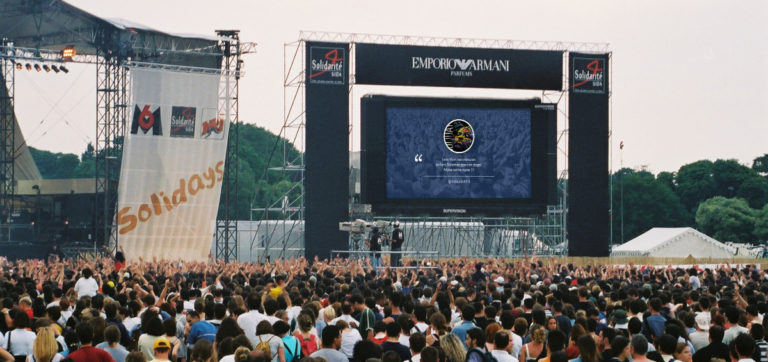
Instagram: the mobile app to promote your event
Instagram is another social network that can have a huge impact on your event’s success. A photo based social networking platform that has a lot in common with Twitter, it shares the heavy focus on simplicity, and uses hashtags to anchor posts.
Instagram has the highest engagement rates of the major social networks, with double the engagement of Facebook, and many times the engagement of Twitter. If you’re looking for a platform that will get your audience involved, Instagram may be your best bet. You can also display Instagram posts on your SocialWall, further spurring your guest’s involvement at the event.
LinkedIn: the social network for your professional event
Did you know that you can create an event on LinkedIn? If your event is a professional one, LinkedIn could well be the most valuable social networking platform at your disposal.
By using LinkedIn, your professional event will be broadcast to the exact eyes that you’d like to see it. You can choose to invite a very select section of the LinkedIn community, and the industry talk that can be generated by posting on LinkedIn can greatly aid the credibility of your event.
LinkedIn also serves as the perfect social network to conduct post-event feedback requests on. You can formulate a simple feedback form, and politely ask attendees to share their thoughts.
Google+: the media to optimize your event
A relatively new social network, Google+ entered the market with the aim of knocking off Facebook as the largest social network on earth. While that aim was soon shown to be a little ambitious, Google+ shouldn’t be entirely ignored.
The main reason you shouldn’t set Google+ to one side is the fact that it’s an integral part of the Google network – the largest search provider on earth. If someone Googles your event (or an event like it), having a Google+ entry will greatly increase your event’s visibility. The social networking side of things may not be as great as on the other platforms, but the Search Engine Optimisation (SEO) benefits are huge.
While expanding your list of social networks may seem like a big job, once they’re set up, they’re very easy to control using a centralised social media tool. And if you’re smart with your social network choices, the extra initial effort will be paid back handsomely.




